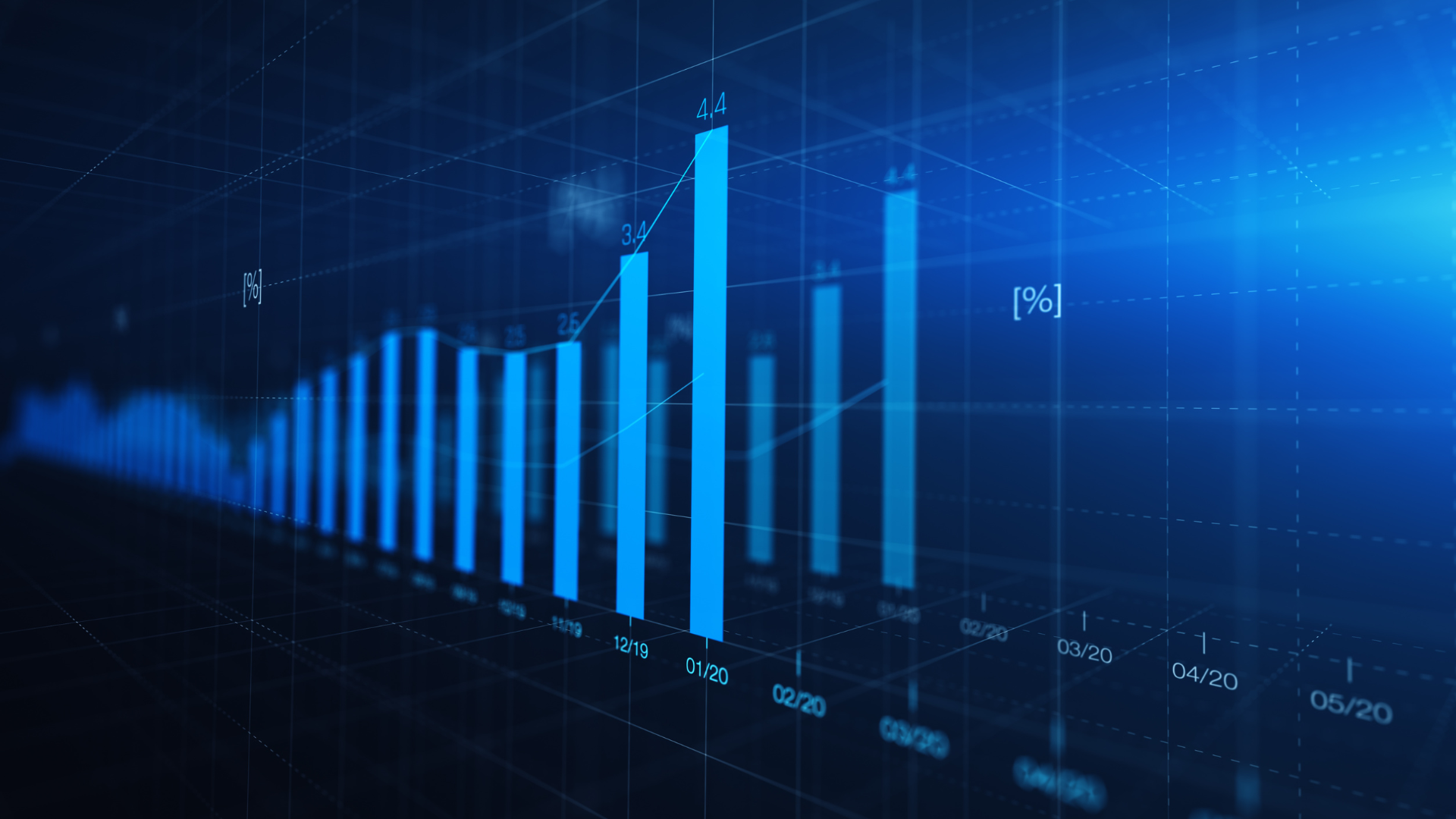In February, Nigerian households’ buying power weakened further as consumer prices rose, defying the central bank’s recent jumbo interest rate hike.
Headline inflation for February rose to 31.70%, matching audit firm KPMG’s predictions in 2023.
Food inflation also rose sharply to 37.92%, with staples like bread and yam becoming even more expensive for shoppers.
“One carton of instant noodles retails at ₦10,000 at wholesale price, over 30% higher than what it began the year with,” said Bethel Ibeh, who runs a small cooking business in Ojodu Berger.
“Only the people that appreciate the value of instant noodles buy it now,” she added.
On February 27, the Central Bank raised interest rates to 22.75% in its first meeting since 2023. It was seen as many as a sign of seriousness by the bank, and difficult but necessary decisions like this are beginning to bear fruit.
Last week, the regulator said foreign inflows rose to $2.3 billion in February, driven by renewed interest from foreign investors and a rise in overseas remittances. This figure in the first quarter of 2024 outperformed $3.9 billion received for 2023.















